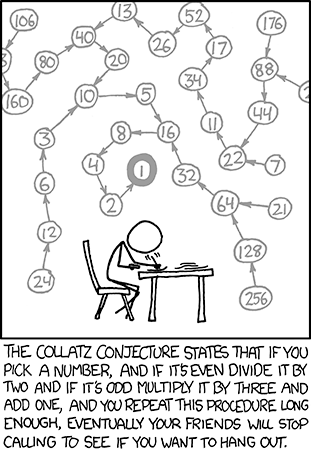
One of the many reasons I haven’t had much time to blog lately is the fact that I went back to grad school in September. I’m working on my doctorate at Northeastern University. Working full time and going to school has meant all the writing I’ve had time to do has mostly been for school, but it’s been a fantastic learning experience so far. I have learned so much from the reading and writing I have done. I can’t even compare my experience with earning my master’s degree to my experience working on my doctorate, and I’m only sorry I wasted so much tuition money and time on the master’s. Here I’m showing my ignorance, but I didn’t realize one could go right into a doctoral degree program with a bachelor’s degree.
My dissertation in practice is an action research investigation on grading and assessment practices. If you’ve been reading this blog for a while, it’s perhaps not a surprise, as assessment has been an interest of mine for a long time. I have come to the conclusion that grading impedes not only motivation but also learning, as students tend to focus on the grade at the expense of the learning. It’s true that some students don’t find grades to be a motivator, and those students tend to view them more as a stick than a carrot. Whether grades motivate students or not, however, they do encourage students to focus on the wrong thing, and even students who truly want to learn find grades demotivating. Students have told me they are afraid to take risks. They select “easier” options. They try to figure out what the teacher wants to hear and parrot it back rather than think for themselves. All of this is anecdotal—I’ve seen it many times over the years; however, I see no reason why students would be dishonest about their feelings regarding grades.
Going back to school has put me in the same position as my students. The anxiety I have experienced over my grades has been difficult to manage at times. Of course I want to learn, and I’d be lying if I said I didn’t want to please my professors. Even though I’m actually studying the effects of grading and know exactly what is happening to me, I find myself unable to focus only on the learning. I want to earn good grades too badly. It’s utterly ironic on a few levels. I’m actually doing very well, for one thing, and for another, the research is quite clear that grades are subjective, demotivating, and even contribute to poor performance (Bloxham, et al., 2016; Brackett, et al., 2013; Cvencek, et al., 2018; Klapp, 2015). My hunch is it has to do with mindset. I noticed my students relaxed quite a bit once I instituted a liberal revision policy.
One of my classmates mentioned that a professor I will have for a summer course is a hard grader. So naturally, I’ve already started worrying about a class I won’t start for nearly a month. It made me reflect a little bit on reputation. I don’t think I have a reputation for being a hard grader. One person told me my reputation was my expectations are “reasonable,” and I’ll take it. My students this year seemed to be happy in my classes, and my course surveys revealed they felt cared a for and that the choice and agency they had was important for their growth. I relaxed a lot on my own grading practices as a result of the research I have done and because of my own experiences as a student. I truly do not understand the need for a graduate program to use grades.
We know what to do about grading and assessment. I think one reason I was not accepted to another graduate program to which I applied is that my research does not examine a gap in the research. On the contrary, there is plenty of research on grading and assessment, and going all the way back to the 1800s, the research has been fairly clear. And yet, we keep reporting learning by using grades. So even though there is no gap in the research, it’s clear to me that classroom practices haven’t changed as a result of the research, and that’s what I’m interested in: change. We need to do right by our students and fix this problem that has plagued education for far too long.
References
Bloxham, S., den-Outer, B., Hudson, J., & Price, M. (2016). Let’s stop the pretence of consistent marking: Exploring the multiple limitations of assessment criteria. Assessment & Evaluation in Higher Education, 41(3), 466-481. doi:10.1080/02602938.2015.1024607
Brackett, M. A., Floman, J. L., Ashton-James, C., Cherkasskiy, L., & Salovey, P. (2013). The influence of teacher emotion on grading practices: A preliminary look at the evaluation of student writing. Teachers and Teaching, 19(6), 634-646. doi:10.1080/13540602.2013.827453
Cvencek, D., Fryberg, S. A., Covarrubias, R., & Meltzoff, A. N. (2018). Self‐concepts, self‐esteem, and academic achievement of minority and majority North American elementary school children. Child Development, 89(4), 1099-1109. doi:10.1111/cdev.12802
Klapp, A. (2015). Does grading affect educational attainment? A longitudinal study. Assessment in Education: Principles, Policy & Practice, 22(3), 302-323. doi:10.1080/0969594X.2014.988121







